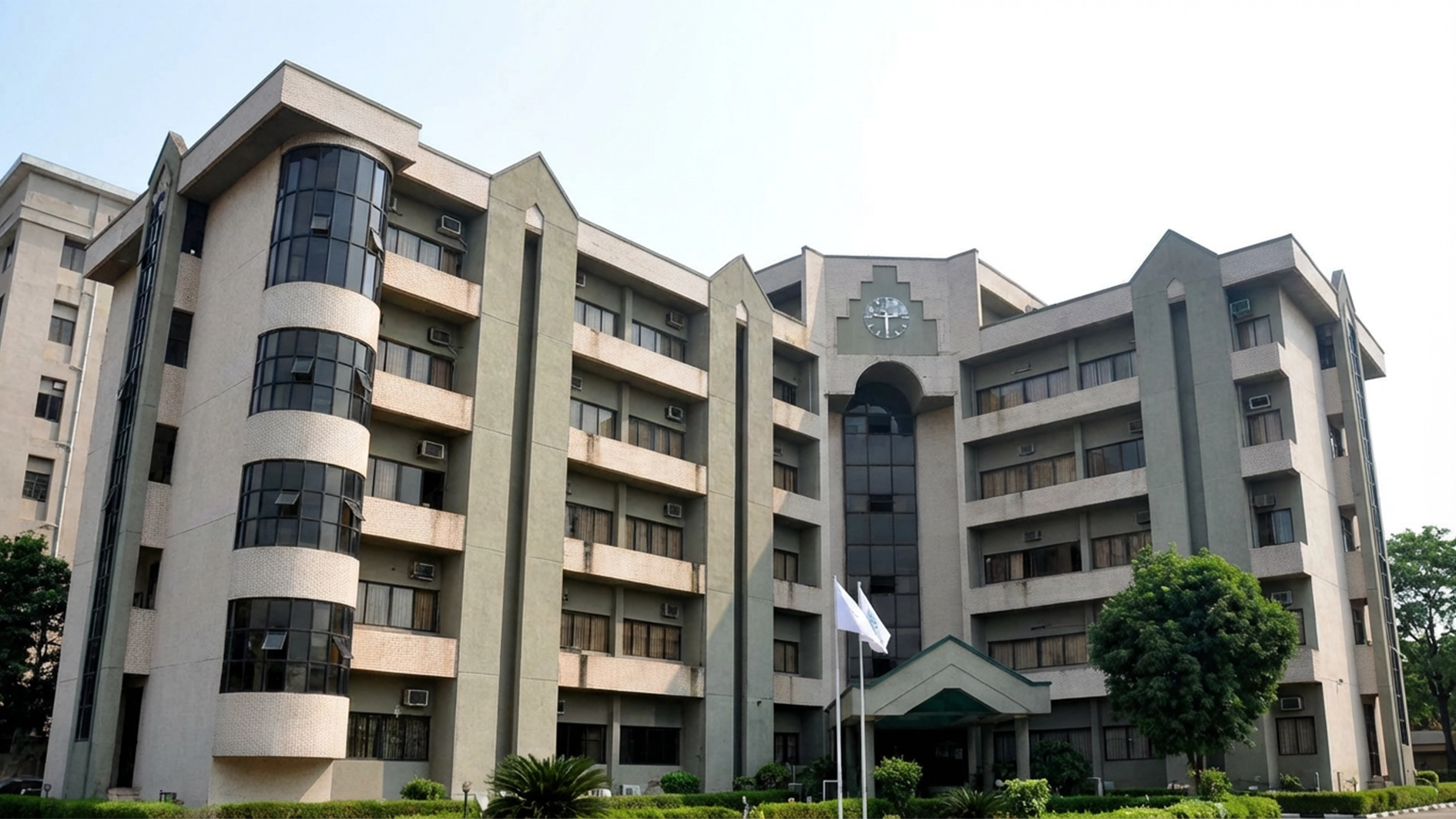
An American Attorney General Alliance-Africa (AGA-Africa), in collaboration with the Imo State Ministry of Justice is determined to ensure effective administration of criminal justice law (ACJL).
To this end, the group organised a two-day workshop aimed at arming the stakeholders in the criminal justice system, such as lawyers, magistrates, prosecutors and judges to be able to follow up cases in such a speedy manner in courts to curtail delays and obtain judgment in record time as well as deal with criminal matters swiftly in Owerri, Imo State capital.
Experts at the event included, Dr. Anthony Idigbe (SAN), Hanningstone Amol from Kenya, Ojiugo Chukwumaeze, Principal counsel and head of the Etiti Outstation of the department of public prosecutions of Imo State; Anthony Chuks Nwaneri, a private legal practitioner; Leigh Skipper, Partner, Duane Morris; Markus Green, board member of AGA-Africa; Cletus Ndubuisi Akowundu, Solicitor General/Permanent secretary, Ministry of justice, Imo State and Ebelechukwu Enedah, Partner, Punuka Attorneys and solicitors.
In her paper, Chukwumaeze said that criminal law and the criminal process are determinant factors in establishing a proper balance in the maintenance of the tripartite interests of the state, the victim and the offender.
According to her, the Imo State Administration of Criminal Justice Law No. 2 of 2020 was signed by Governor Hope Uzodimma on March 11, 2020 and gazetted on March 26, 2020.
This law, she said, having come into effect in March 2020 abolished the Criminal Procedure Law Cap 31, Laws of Eastern Nigeria 1963 and is applied in criminal proceedings in the state.
She went further to state that the Imo State ACJL has its long title as “A Law to make provisions for the procedure to be followed in criminal cases in the High Court and Magistrate Courts in Imo State and for related matters and its purposes as … to ensure that the system of administration of criminal justice in Imo State promotes efficient management of criminal justice institutions, speedy dispensation of justice, protection of the society from crime and protection of the rights and interests of the suspect, the defendant and the victim.”
Chukwumaeze observed that the essence of the law is to ensure speedy dispensation of cases; to decongest the prisons and where there are no express provisions in the ACJL, the court is empowered to apply any procedure that will meet the justice of the case, adding that it is also to ensure that the criminal justice sector in the state meets with the world’s best practices.
Amol praised the state for passing such an important aspect of the criminal justice law that tends to promote speedy trials in courts. He said: “We have come to build the capacity of state prosecutors and the Attorney General’s office to handle cases of kidnapping, money laundering and common crimes. We have to build their capacity to be able to carry justice faster.
“It is also intended to help the government decongest the prisons, decongest the police stations and importantly to ensure that bad people who have committed crimes face justice.”
According to Enedah, the essence of the workshop is to build the capacity of stakeholders for effective administration of criminal justice law in the state.
She noted that since the passage of the law in 2020 and because of some challenges like the COVID-19, there has not been training on the law, noting that those who have been working with it have not been trained on how to navigate issues around it.
Enedah pointed out that AGA-Africa is actually the Attorney Generals in America and started in 2016 as an outreach to other African countries, where they share notes having to come to realise that crimes do not respect borders.
“As traders are moving, criminals are also moving across the borders. So, in the fight against criminals and crimes, there has to be a concerted effort, which AGA-Africa is trying to foster to find ways of working together to fasten dispensation of justice,” she stated.
AGA’s primary function is to provide a forum for legal officers to cultivate knowledge, co-operate on issues of legal concerns and coordinate actions, which improve the quality of legal services available to different institutions. Again, AGA works ceaselessly to promote the rule of law and foster international cooperation in transnational criminal matters.






